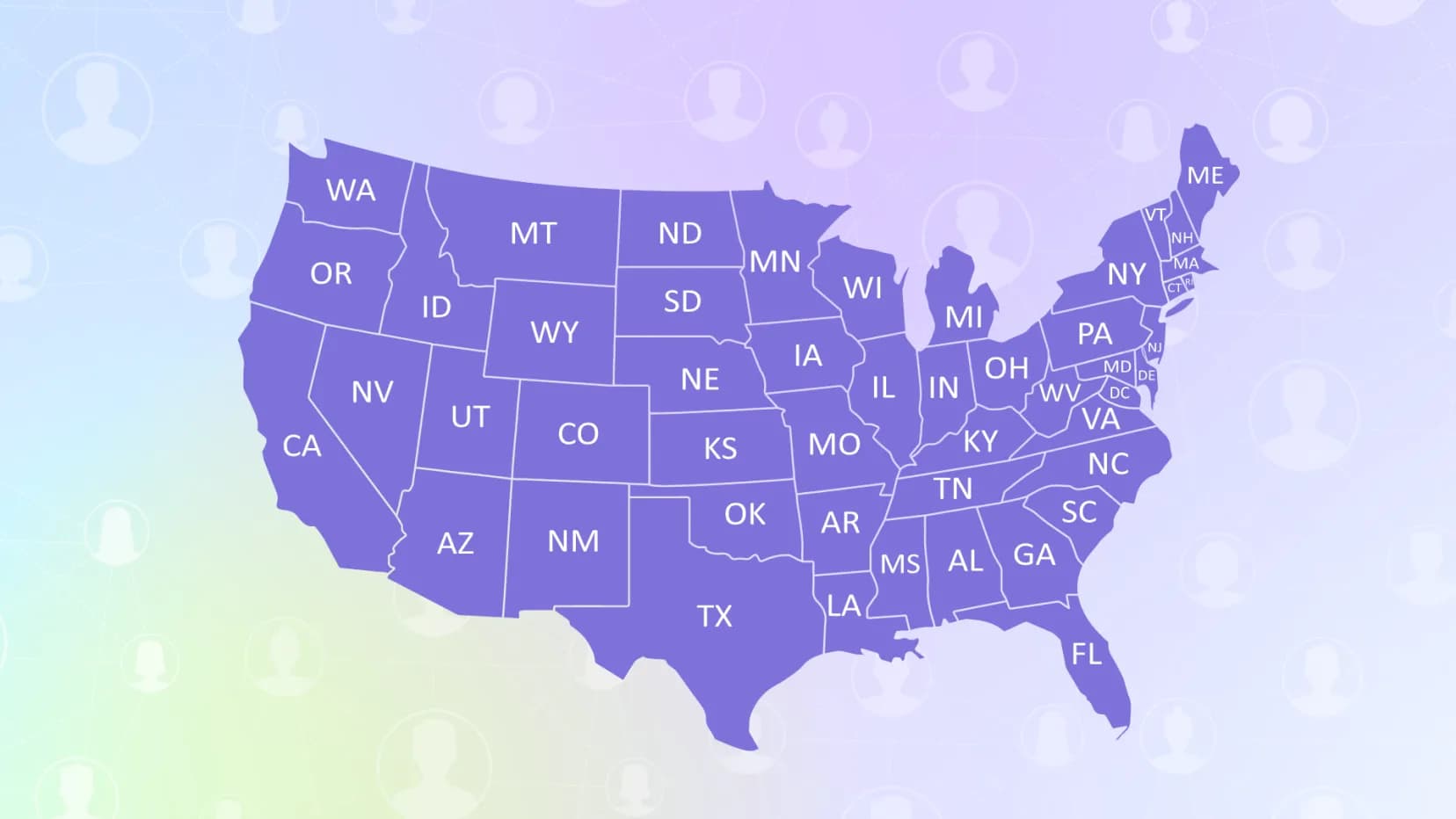Survey: How Many Entrepreneurs Feel Trapped in their Business?
Survey: How Many Entrepreneurs Feel Trapped in their Business?

Survey: How Many Entrepreneurs Feel Trapped in their Business?
We recently conducted a survey of 3,000 business owners to uncover how many would want to leave their businesses but are unable to do so. The results are illustrated below.
Key Findings
· HighRates of Stress Among Small Business Owners: A significant 45% of small business owners feel trapped in their businesses.
· RegionalDifferences:There’s a noticeable variation in feelings of entrapment across different states; for example, 65% of small business owners in Oklahoma want to quit, while only 22% in Iowa express a similar sentiment.
· Emotional and Financial Barriers:The primary reasons for not leaving their businesses include emotional attachment (37% of respondents), financial dependence (25%), economic barriers to selling at a profitable price (20%), and a lack of suitable buyers (19%).
· **ChallengesBeyond Exiting:**The biggest challenges for entrepreneurs of small business owners include time management (39%), financial constraints (25%), balancing work and personal life(19%), and customer retention (15%).
· Importance of Work-Life Balance:A large majority (72%) of respondents consider work-life balance very important.
· Time-ConsumingTasks: The most time-consuming aspects of running a business are identified as administrative tasks (31%), customer service (29%), marketing and sales (24%),and product or service development (15%).
· TechnologicalGap: About30% of (small business) entrepreneurs are unfamiliar with AI-driven business automation solutions, and only 43% are satisfied with the level of automation in their businesses, suggesting a gap in the adoption of modern technologies such as automation workflows.
Methodology:
Respondents are carefully chosen from a geographically representative online panel of double opt-in members. This selection is further tailored to meet the precise criteria required for each unique survey. Throughout the survey, we design questions to carefully screen and authenticate respondents, guaranteeing the alignment of the survey with the ideal participants.
To ensure the integrity of our data collection, we employ an array of data quality methods. Alongside conventional measures like digital fingerprinting, bot checks, geo-verification, and speeding detection, etc. each response under goes a thorough review by a dedicated team member to ensure quality and contextual accuracy. Our commitment extends to open-ended responses, subjecting them to scrutiny for gibberish answers and plagiarism detection.



